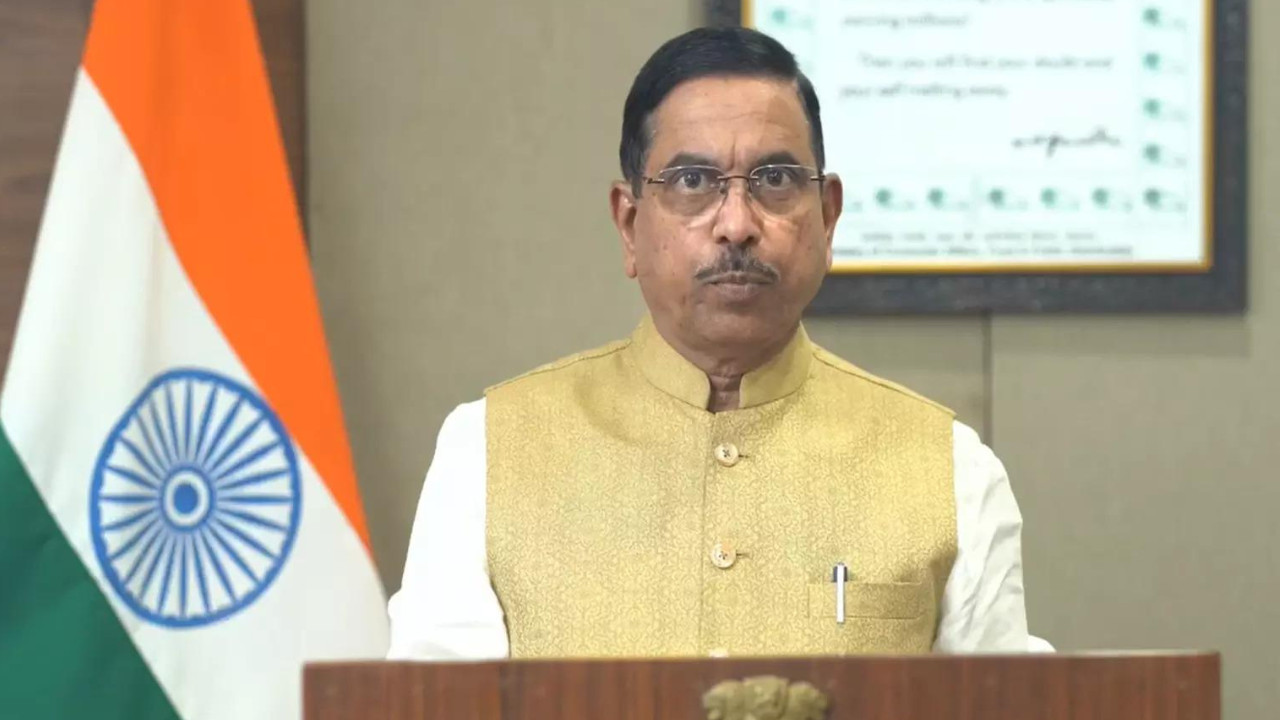The National Stock Exchange’s IPO is nearing approval from Sebi. NSE, valued at Rs 4.7 lakh crore in 2024, dominates India’s stock market and boasts over 1 lakh shareholders, making it the most broadly held unlisted company.
The NSE IPO: Ready to Rumble? Or Still in the Starting Blocks?
Okay, folks, let’s talk about something that’s been brewing in the Indian financial world for, well, what feels like forever: the National Stock Exchange (NSE) IPO. This isn’t just any IPO; we’re talking about the potential public debut of the exchange that governs much of our stock market activity. Think of it as the Super Bowl of listings, only this one has been perpetually delayed, leaving everyone on the edge of their seats.
The buzz around the NSE IPO has been palpable for years. We’ve heard whispers, rumors, and official confirmations, only to be met with further postponements. The big question now is: will the Securities and Exchange Board of India (SEBI) finally give it the green light?
To truly grasp the magnitude of this potential listing, you need to understand that NSE isn’t just a marketplace for buying and selling shares. It’s a financial behemoth, an intricate ecosystem that supports the entire Indian capital market. It dictates trading hours, listing requirements, and essentially acts as a gatekeeper for companies aspiring to access public funding.
So, why the holdup? Ah, there’s the rub. The NSE hasn’t exactly had a spotless record. Past controversies, including allegations of unfair access practices (remember the co-location scandal?) and internal governance issues, have understandably kept regulators cautious. SEBI, the vigilant watchdog of the Indian market, has been meticulously scrutinizing the NSE’s operations, demanding ironclad assurances of fairness, transparency, and ethical conduct.
You can’t blame them, can you? When you’re entrusted with the safety of millions of investors and the integrity of an entire market, you don’t just wave things through. SEBI’s job is to ensure that the NSE is squeaky clean before it opens its doors to public investors. They’re essentially doing their due diligence, and that sometimes takes time – a lot of time, it seems.
But let’s assume, for a moment, that SEBI does grant its approval. What would an NSE IPO actually look like? Well, given the NSE’s valuation, we’re talking about one of the biggest IPOs in Indian history. Early estimates pegged the value in the ballpark of ₹60,000-₹80,000 crore, making it larger than many recent mega-IPOs we’ve seen.
That kind of money would have a significant ripple effect throughout the Indian economy. For one, it would provide a massive boost to investor confidence, signaling that the Indian market is maturing and capable of handling even the most complex listings. Secondly, it would unlock significant value for existing shareholders, which include a mix of financial institutions, both domestic and international. And thirdly, it would undoubtedly attract even more foreign investment into the country.
But more than just the financial implications, an NSE IPO would represent a pivotal moment in the exchange’s own evolution. It would force the organization to become even more accountable, more transparent, and more responsive to the needs of its shareholders – the very people it’s supposed to serve. Imagine the scrutiny! Every decision, every policy change, would be under the microscope. This newfound accountability, while potentially challenging, could ultimately strengthen the NSE and solidify its position as a leading global exchange.
Of course, there are potential downsides to consider. An influx of new shareholders could potentially lead to internal conflicts and disagreements over strategy. The pressure to deliver consistent profits could also tempt the NSE to prioritize short-term gains over long-term stability. These are legitimate concerns, and the NSE’s leadership would need to navigate these challenges carefully.
So, what can we expect in the near future? Well, the ball is firmly in SEBI’s court. We’re all waiting with bated breath to see if they are satisfied with the NSE’s efforts to address past issues and strengthen its governance. The NSE, for its part, is likely working tirelessly to meet SEBI’s requirements and clear any remaining hurdles.
In the meantime, one can speculate about the kind of pricing the NSE could command. This is where the IPO’s success will be either made or broken. Overpricing, which sometimes happens, can scare away ordinary investors, whereas a fair price point can attract not just investors, but also market sentiment.
The NSE IPO is much more than just another listing; it’s a litmus test for the Indian financial market. It has the potential to unlock tremendous value, boost investor confidence, and usher in a new era of transparency and accountability. Whether it will finally happen, and whether it will live up to the hype, remains to be seen. But one thing is certain: everyone in the Indian financial world is watching, waiting, and hoping for a positive outcome. After all, a healthy and thriving stock exchange is essential for a healthy and thriving economy. Let’s hope we get this listing right.
📬 Stay informed — follow us for more insightful updates!







